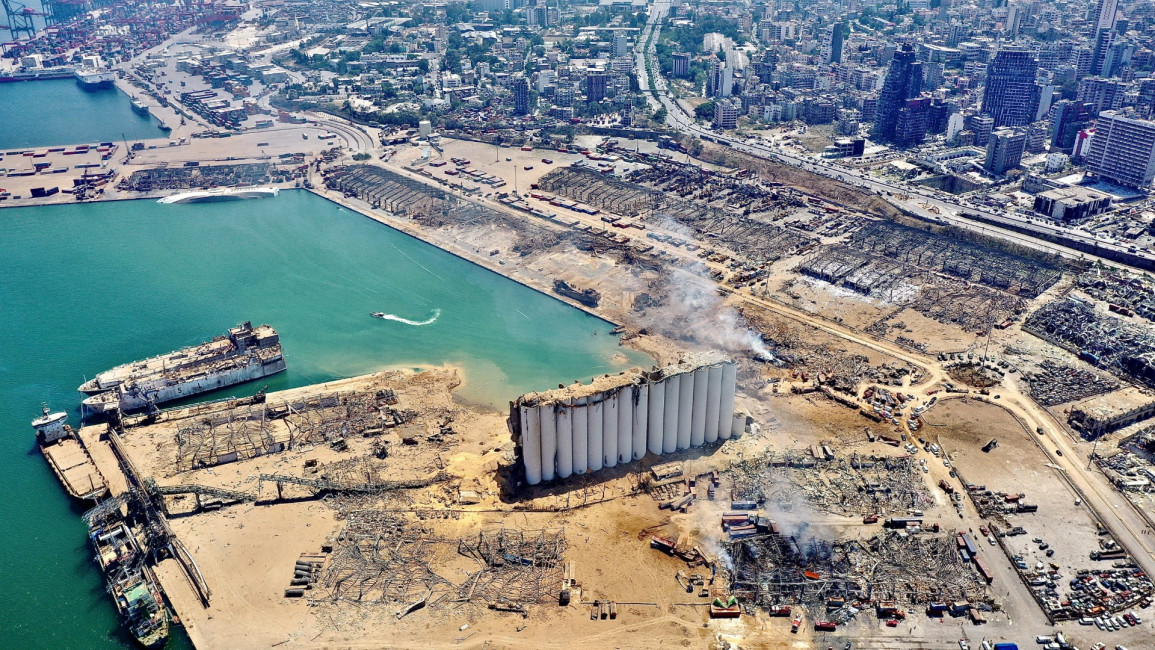Russia sends Lebanon satellite images from day of Beirut blast
Russia's Foreign Minister Sergei Lavrov said Monday that Moscow sent the Lebanese government satellite images from the day of last year's deadly Beirut port blast in an effort to help with the investigation.
In a meeting with his Lebanese counterpart Abdallah Bou Habib in Moscow, Lavrov said Moscow had transferred pictures prepared by the country's space agency Roscosmos.
Images that capture the port before and after the blast should help determine the cause of the explosion, Lavrov said during a press conference after their meeting.
"We hope that Lebanese specialists will answer this question that is really becoming a very powerful political irritant for Lebanon," Lavrov said.
Lavrov also said they discussed the "possible participation" of Russian companies in the reconstruction of Beirut infrastructure that was damaged in the blast.
In August 2020, hundreds of tonnes of ammonium nitrate stored in the Port of Beirut detonated, sending a powerful explosion across the Lebanese capital that killed more than 215 people.
The Lebanese judge leading investigations into the blast was forced to stop his probe three times following lawsuits from ex-ministers suspected of negligence.
The judge had requested the cooperation of several countries, including France and the United States, to obtain satellite images from day of the blast.
In addition to the explosion, the Russian and Lebanese ministers discussed the issue of refugees that have fled Syria since 2011 to neighbouring countries, including Lebanon.
Lavrov spoke of the possibility of organising an international conference on the issue in Lebanon, host to over 1.5 million Syrians.



